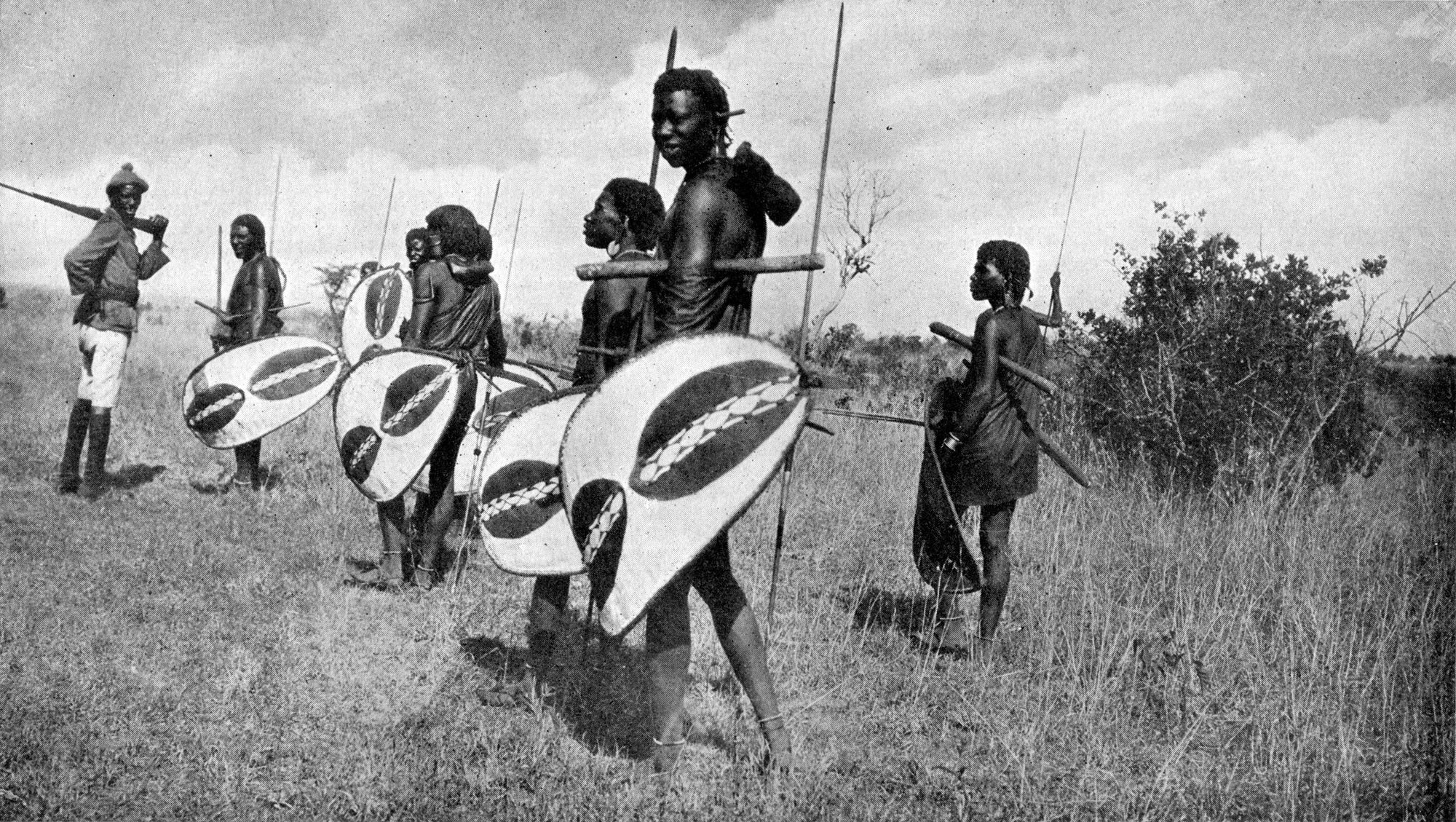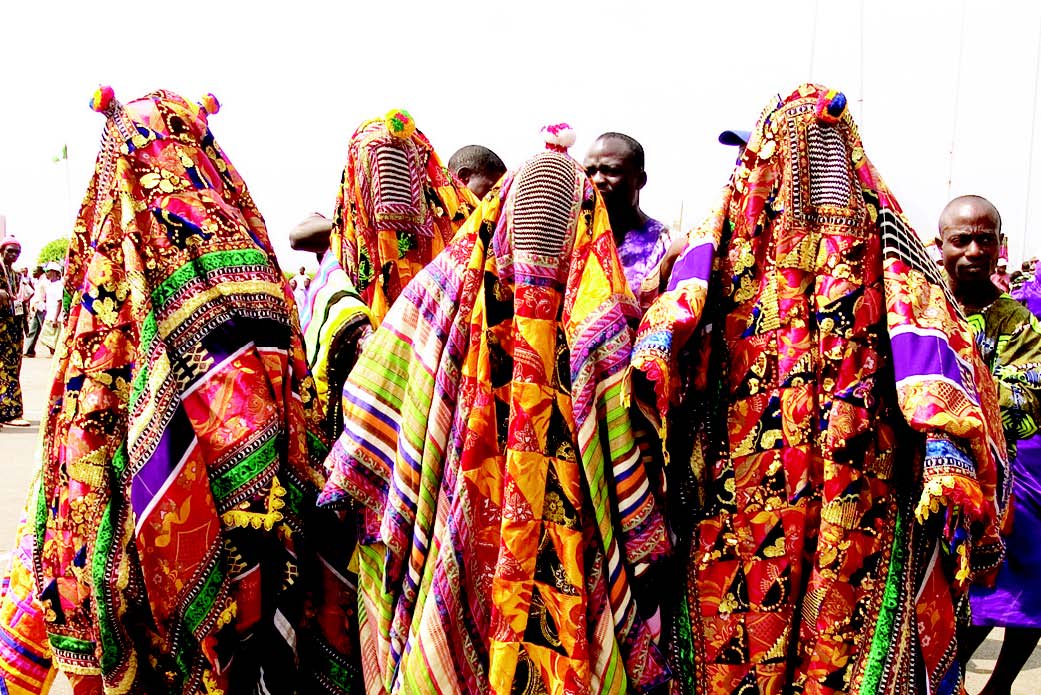A coronation is the symbolic and/or religious ceremony, during which a sovereign is crowned. It is also the physical act of placing a crown on a monarch’s head. It essentially formalizes the monarch’s role as the head and marks the transfer of their title and powers.
Coronations emerged from a European tradition of increasing church involvement in a country as well as the need to bring stability to often volatile societies, in which several individuals had a claim to the throne. Central to the ceremony is the ‘unction,’ which is the act of anointing a monarch with holy oil.
Coronations in one form or another, have existed since ancient times, like in Egypt for instance. The Hebrew Bible testifies to particular rites associated with the conferring of kingship, the most detailed accounts can be found in 2 Kings 11:12 and 2 Chronicles 23:1. “The Radiant Crown,” which is best known from the Statue of Liberty and worn by the Helios that was the Colossus of Rhodes, was worn by Roman Emperors as part of the cult of Sol Invictus of the 3rd century. The origin of the crown is religious, and even comparable to the significance of the halo, which marks the sacred nature of kingship, expressing that either the king himself is divine or is ruling by divine right.
Coronation ceremonies are mostly conducted by monarch states. A monarchy is a form of government in which an individual, who is known as a monarch, is head of the state for life or until abdication. In the past there were several monarchies in Africa. However, at present only three are currently sovereign, while a few others are sub-national monarchies. Lesotho and Morocco are constitutional monarchies, which means that the head of state is bound by law and customs in the exercise of his or her powers. Only Swaziland or Eswatini is an absolute monarchy in Africa. This means that the head of state rules without bounds.
The coronation ceremony comprises of many different acts as well as processes, depending on the region and relevant culture. Some of the rituals include the taking of a special vow by the monarch, acts of homage by the new rulers’ subjects, as well as the performance of other ritual deeds of special significance to the nation.
In October 2012, King Misuzulu Ka Zwelithini of the Zulu tribe in South Africa was coronated. The coronation ceremony was the first Zulu coronation since South Africa became a democracy in 1994. According to Buhlebendalo Moshi, a South African History and Linguistics author, “King Misuzulu was succeeding King Goodwill Zwelithini, who was the longest reigning monarch – having served on the throne for almost 50 years! The coronation ceremony was marked with celebratory songs, chants and dance. He was coronated in a suit with a leopard skin sash to represent Zulu royalty.”
Most coronation ceremonies in African monarchies are conducted in this manner. The essential point being to bring the community together to not only witness the beginning of a new era but to also witness the head of state pledge allegiance and dedication to his or her people. Owing to the fact that infighting is very common for monarch positions, it is critical that once the relevant leadership agree on who is next in line for the position, he or she is sworn in publicly so that the rest of the state is fully aware of who the individual is and recognizes and honors them going forward.
In October 1997, the current reigning King of Lesotho was coronated – King Letsie III. The coronation followed a period of mourning his father Moshoeshoe II, who died in a car accident in January 1996. Troupes of dancers paraded in a stadium, some bare-breasted and smeared with ocher – to mark the coronation of their new king. Drums were beaten, with a lot of chanting, as the new king looked on from his seat. King Letsie was clad in a blue tunic, embroidered with a golden crocodile – which symbolized royalty.
According to Hape Motlanthe, a journalist from Maseru, “… fifteen thousand people came to witness King Letsie III’s coronation, amongst them were Prince Charles, Nelson Mandela as well as the late Zulu King – King Goodwill Zwelithini. He was crowned in attire that dates as far back as seven generations from the first Lesotho King, that is to show you what a big deal these ceremonies are! They are massive celebrations that sometimes go on for days, just to allow the countrymen to get a clear sense of the state shift as well as the gravity of the matter.”
Coronation ceremonies within the royal court in Africa remain well cherished traditional activities that are meant to celebrate the acceptability of an individual to the throne of traditional rulership of a community of people.









